An internationally significant and ground-breaking paper has appeared in the journal Nature, led by Dr Phil Riris of the Institute for the Modelling of Socio-Environmental Transitions.
The work investigates 30,000 years of population resilience, with contributions from collaborating scholars from 14 institutions in 7 countries. The paper marks a watershed in our understanding of how people in the past adapted to, and overcame, disturbances. It is available in open access.
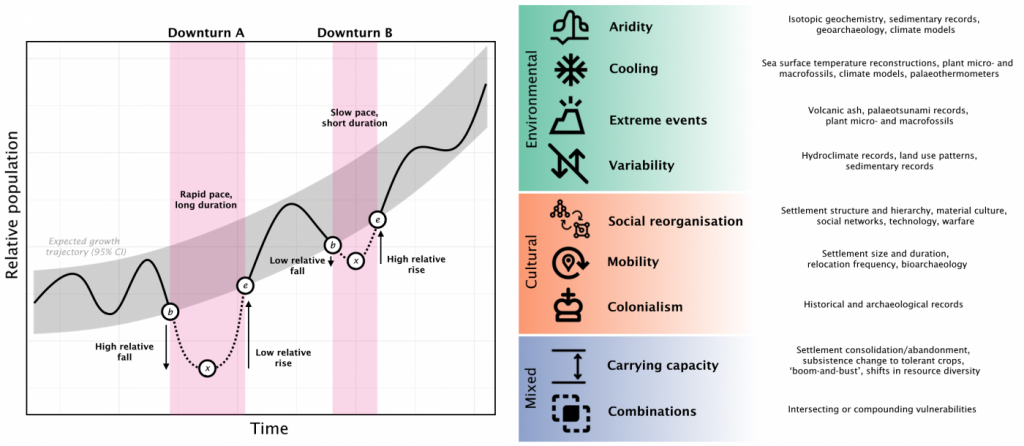
Left: A sketch of an archaeological population time series with downturns and metrics obtained during the analysis. Right: Example types and groups of disturbances noted in the literature.
The key finding of the paper is that land use – the kinds of subsistence practices, mobility regimes, and extent of infrastructure investments – enhanced both how often a population experienced downturns and their ability to recover from them. In particular, agricultural and agropastoral societies in prehistory were especially likely to suffer demographic busts. However, they also displayed an improved ability over time to “bounce back”.
This result has wide-ranging implications for the development of sustainable land use practices, as traditional lifeways may have intrinsic rates of failure “baked into” their function and operation. The paper speculates that, similar to resilient ecosystems or ecological communities, such localised, small-scale, or short-term failures in human socio-environmental systems may contribute to building improved long-term resilience for the system as a whole.

Artistic impression of some of the types of disturbances experienced by ancient societies.
Importantly, these patterns only reveal themselves in the macro-scale comparison of independent case studies, and take multiple decades or even centuries to unfold. Archaeology is the only field able to tackle these timescales systematically, and underscores the value and contribution of the historical sciences to resilience-building and sustainability challenges in the present.
URL: https://www.nature.com/articles/s41586-024-07354-8
The research was funded by the Arts and Humanities Research Council (AH/X002217/1).
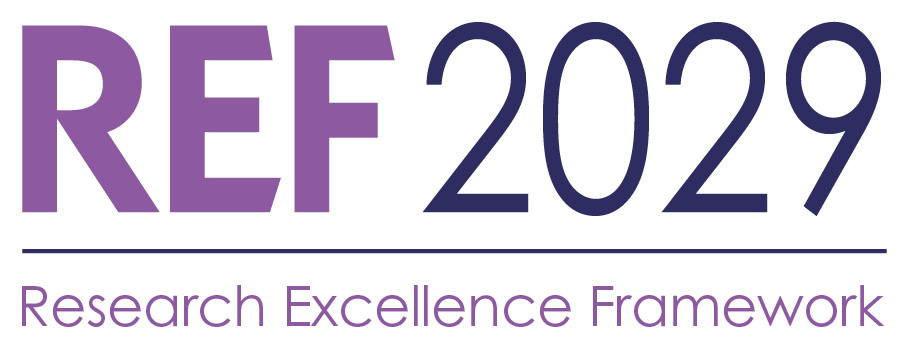
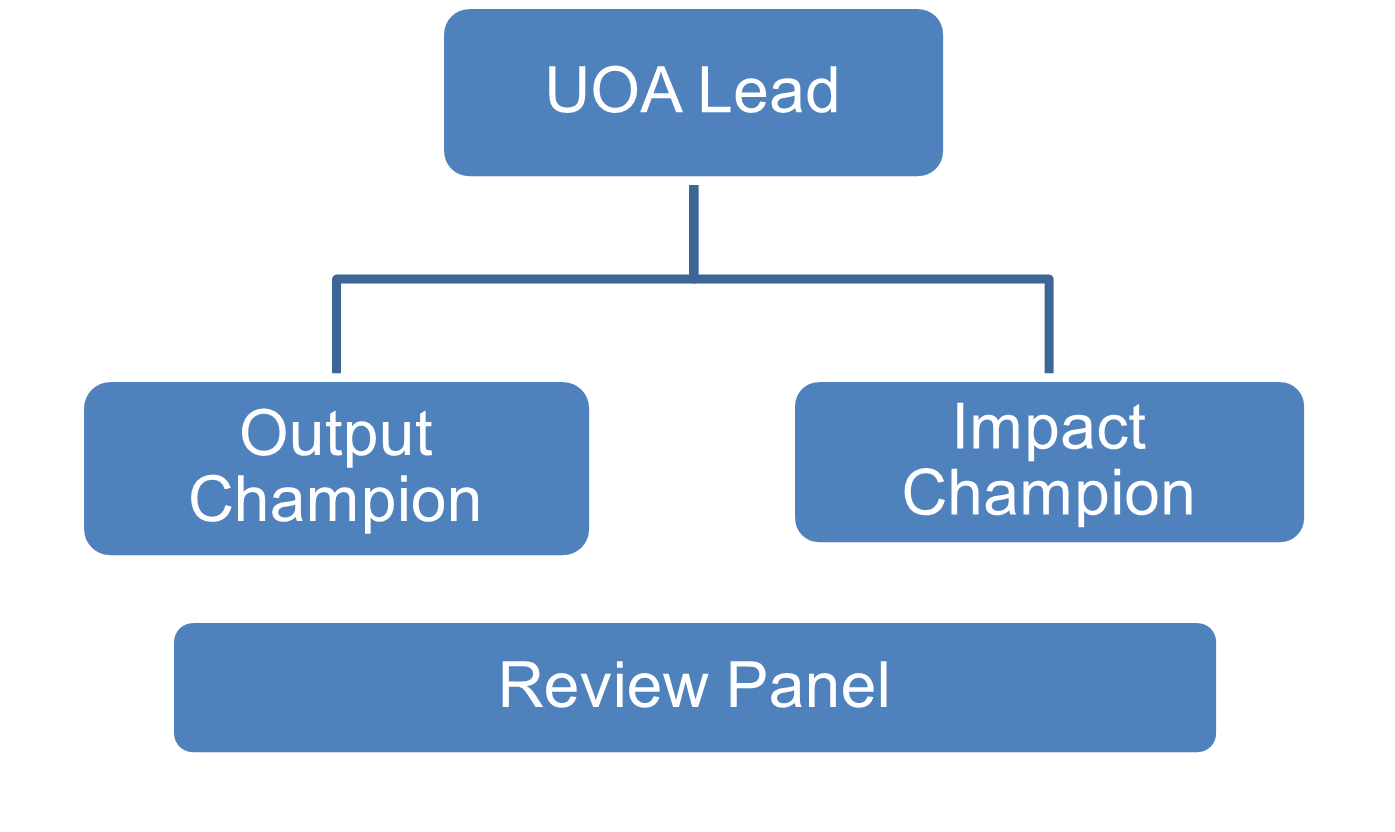 We are currently preparing submissions to
We are currently preparing submissions to 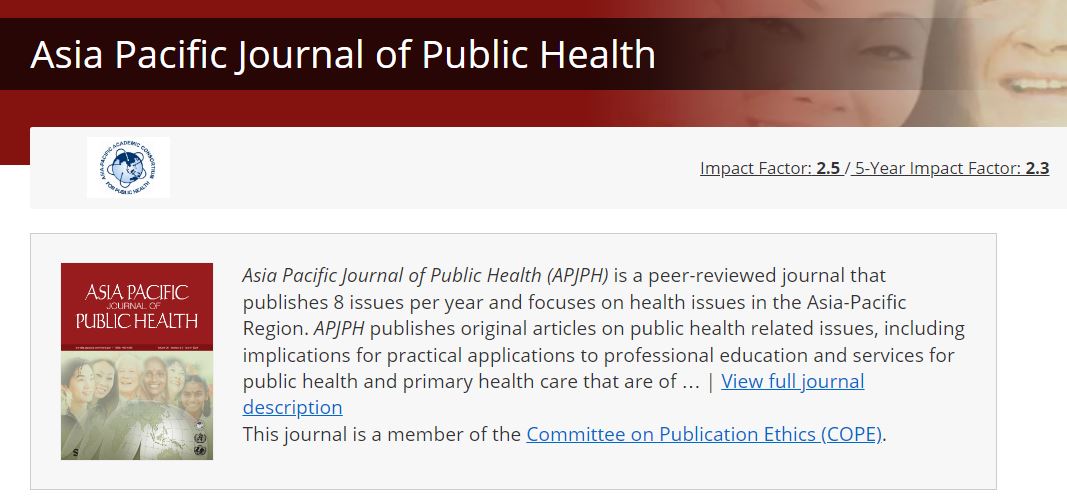
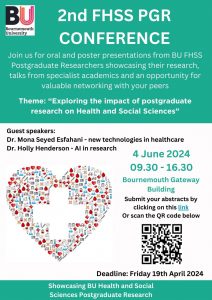
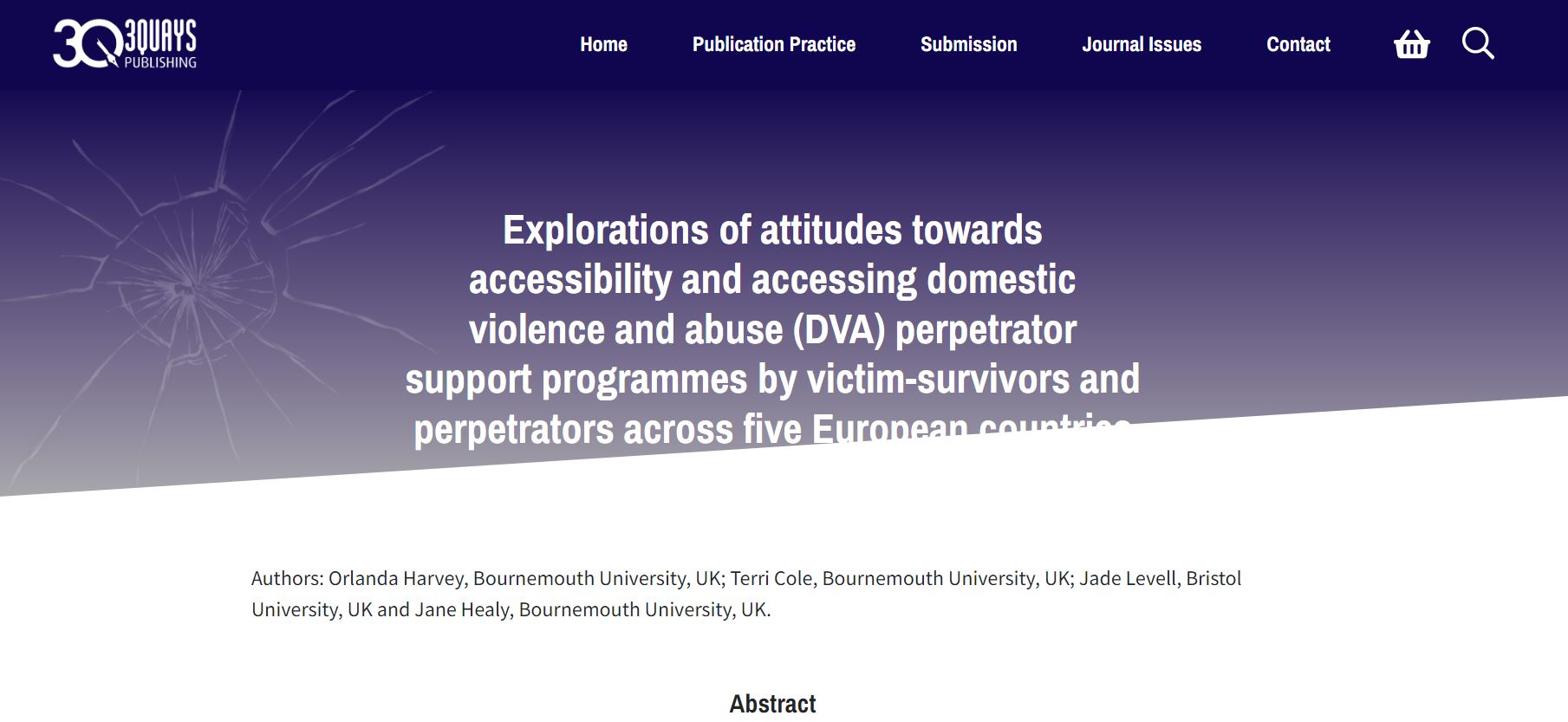

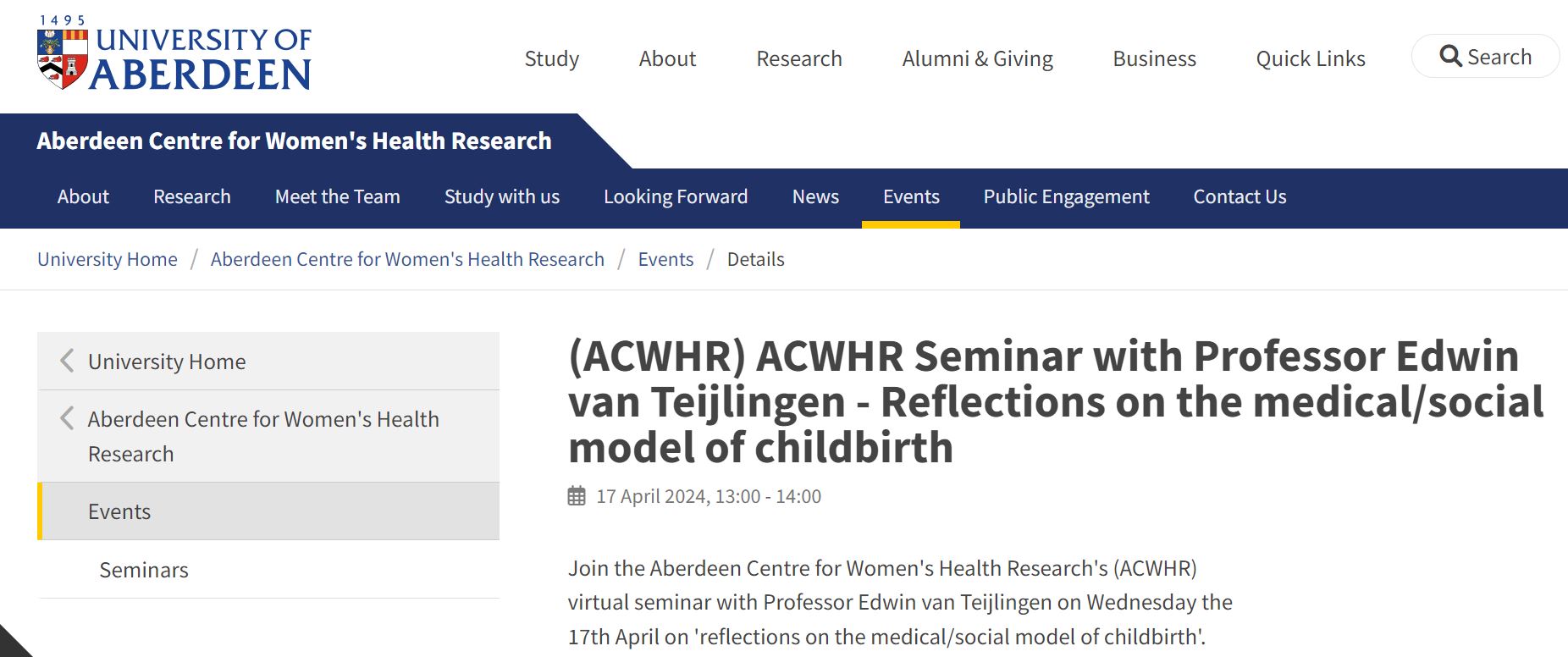
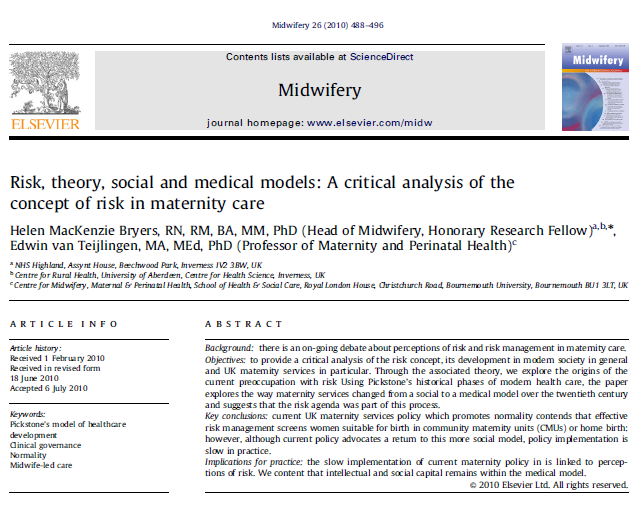

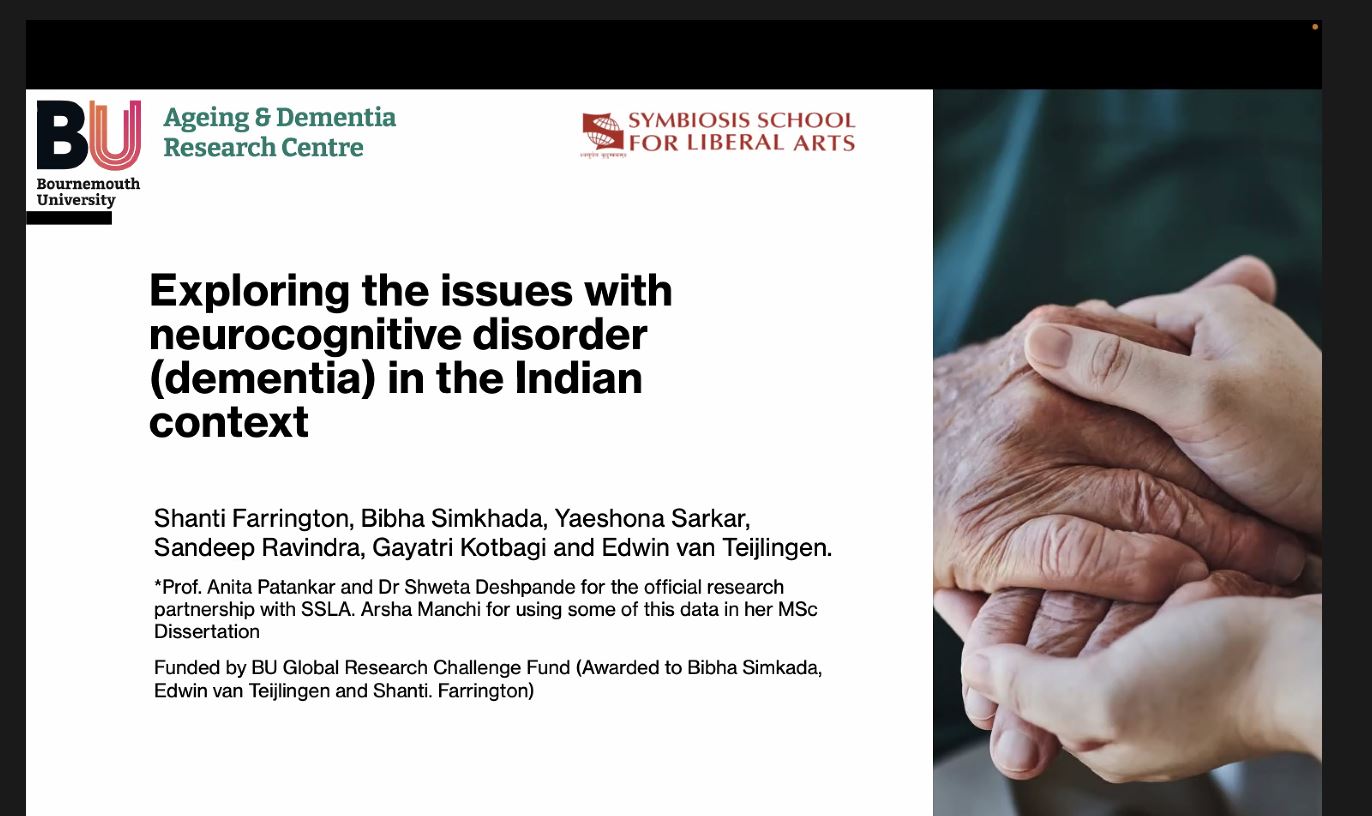

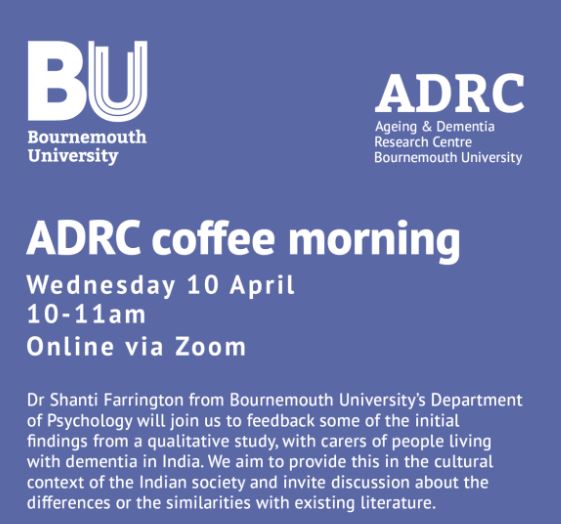

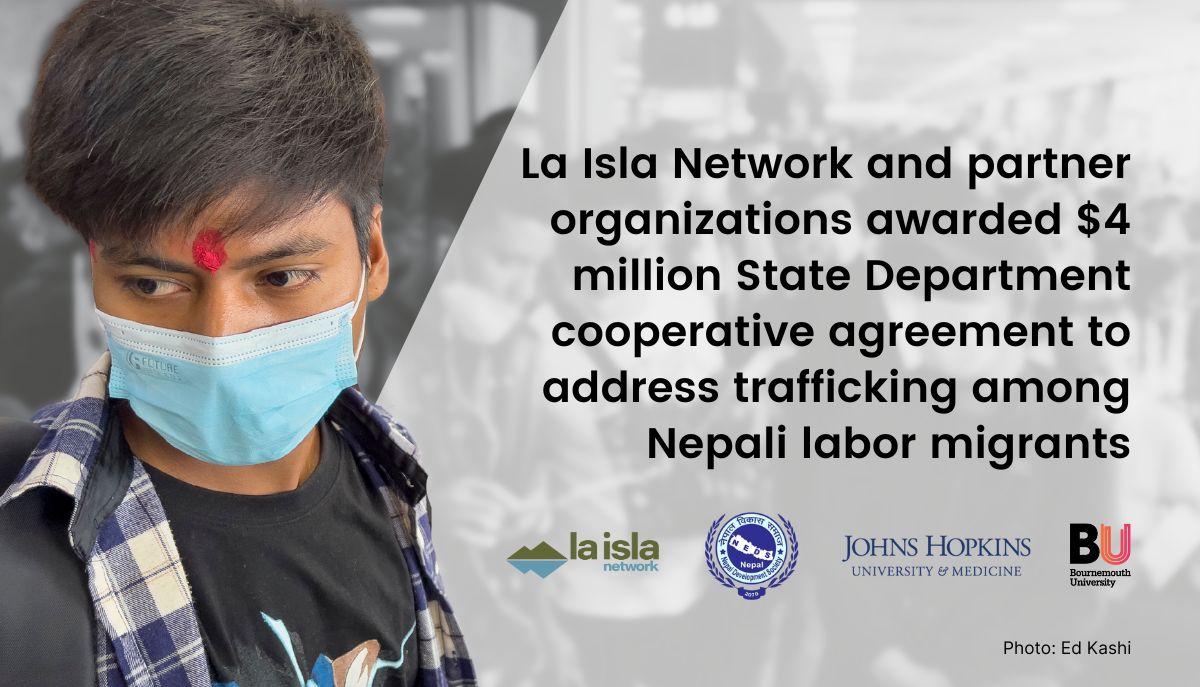
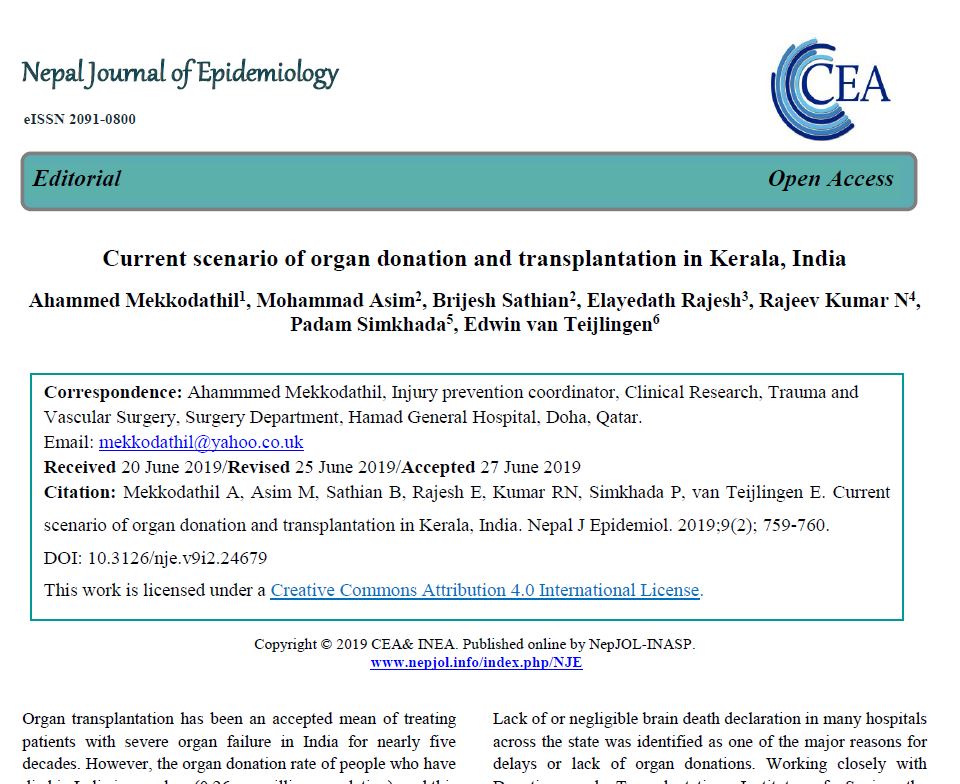
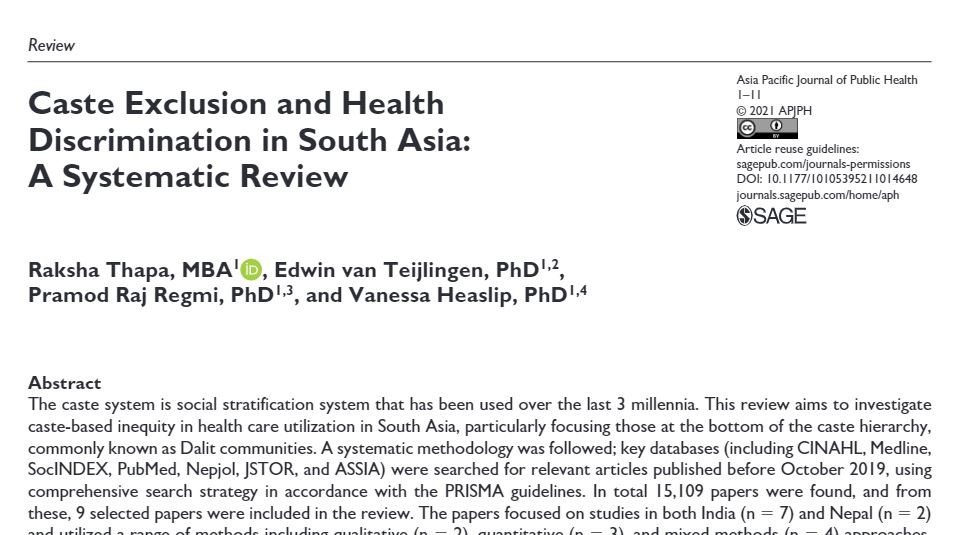
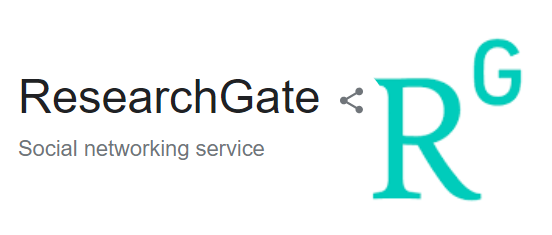
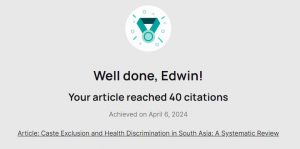

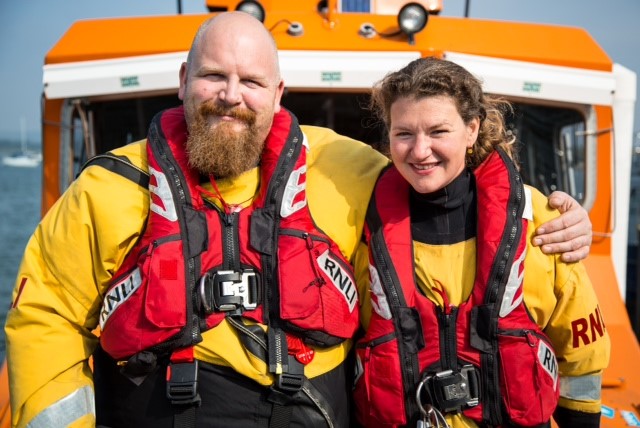


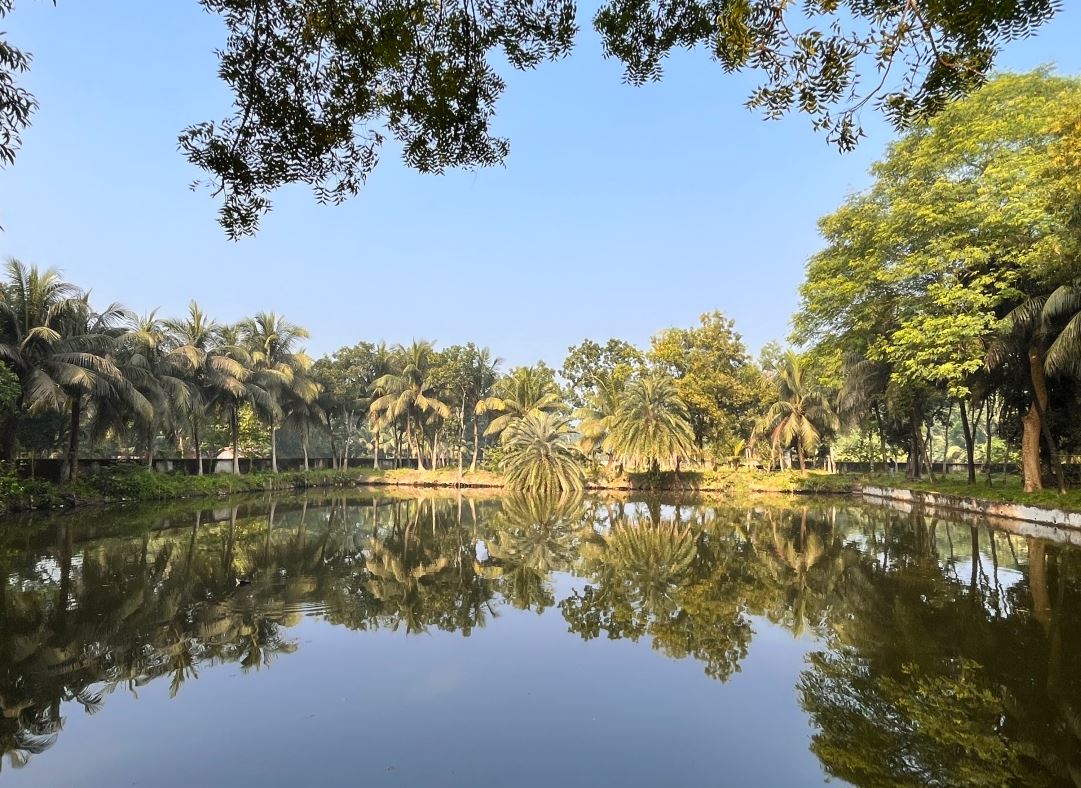
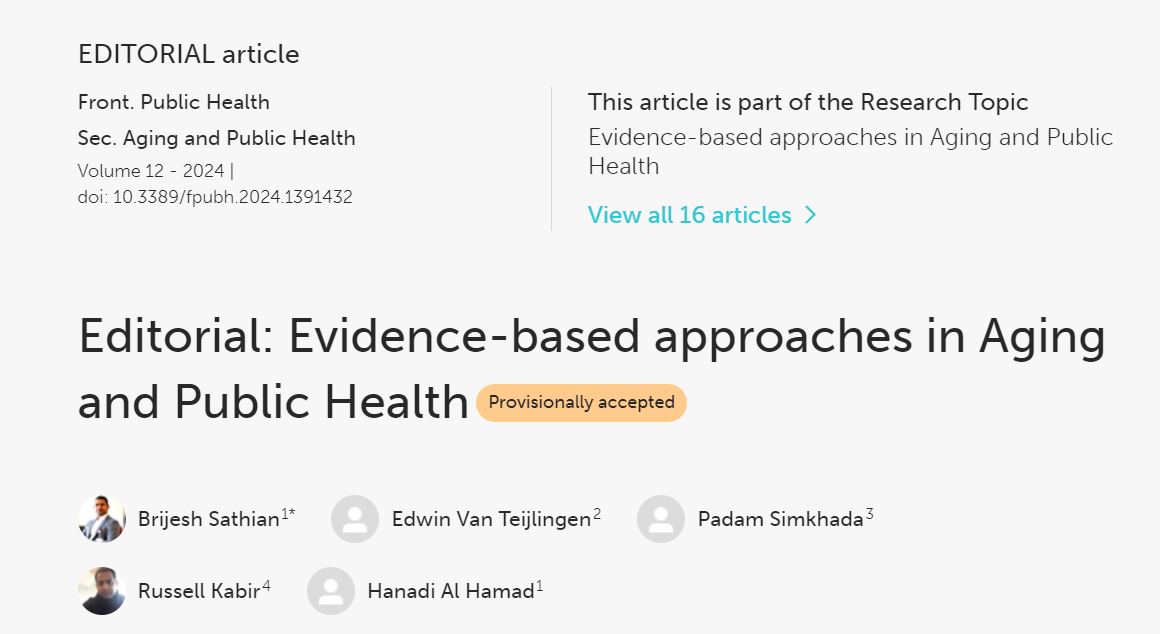
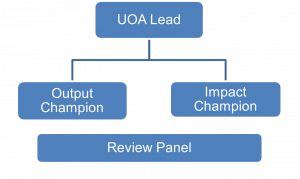
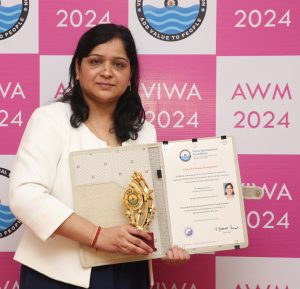

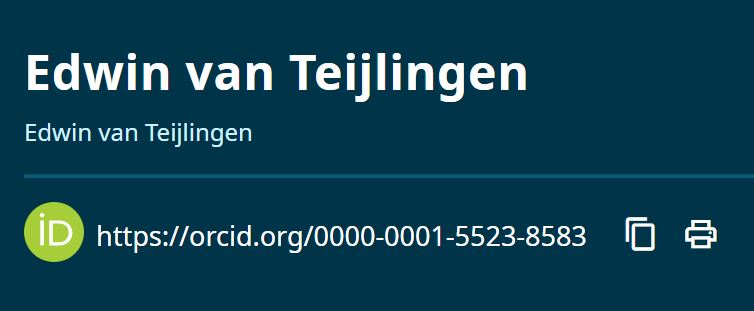
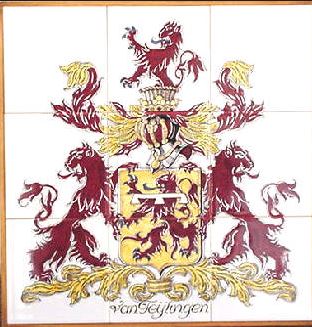











 Beyond Academia: Exploring Career Options for Early Career Researchers – Online Workshop
Beyond Academia: Exploring Career Options for Early Career Researchers – Online Workshop UKCGE Recognised Research Supervision Programme: Deadline Approaching
UKCGE Recognised Research Supervision Programme: Deadline Approaching SPROUT: From Sustainable Research to Sustainable Research Lives
SPROUT: From Sustainable Research to Sustainable Research Lives BRIAN upgrade and new look
BRIAN upgrade and new look Seeing the fruits of your labour in Bangladesh
Seeing the fruits of your labour in Bangladesh ECR Funding Open Call: Research Culture & Community Grant – Apply now
ECR Funding Open Call: Research Culture & Community Grant – Apply now ECR Funding Open Call: Research Culture & Community Grant – Application Deadline Friday 12 December
ECR Funding Open Call: Research Culture & Community Grant – Application Deadline Friday 12 December MSCA Postdoctoral Fellowships 2025 Call
MSCA Postdoctoral Fellowships 2025 Call ERC Advanced Grant 2025 Webinar
ERC Advanced Grant 2025 Webinar Update on UKRO services
Update on UKRO services European research project exploring use of ‘virtual twins’ to better manage metabolic associated fatty liver disease
European research project exploring use of ‘virtual twins’ to better manage metabolic associated fatty liver disease